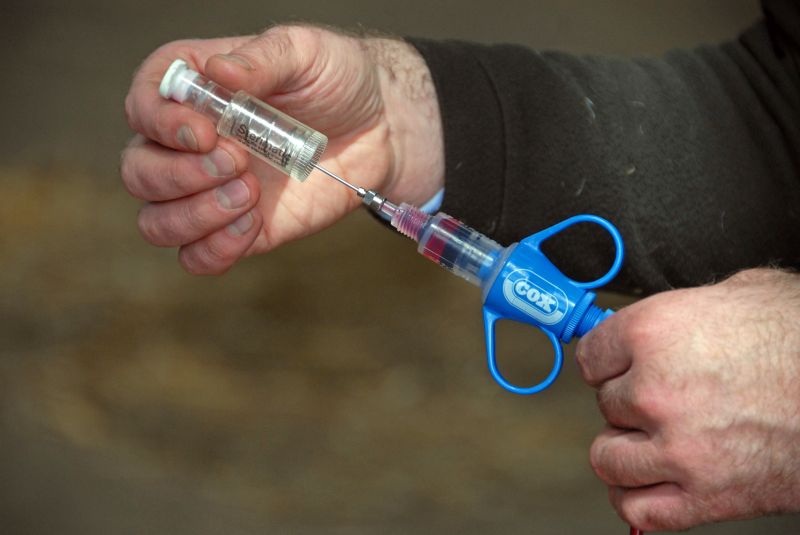
The UK team that were destined to take part in the Holstein European Championships in Belgium will not be attending due to Bluetongue concerns.
Following discussions with the UK team exhibitors, it has been decided that the risk in attending the event in Libramont on 12th and 13th of April has become 'too high' following a recent bluetongue outbreak in the country.
Belgium announced a restricted area on Wednesday 27th March with 4 confirmed cases of the BTV8 strain of Bluetongue within close proximity to the event venue.
Holstein UK said it is 'very disappointed' to announce the news. CEO of the group, Sue Cope said it is a 'devastating decision to have to make'.
“I have the greatest sympathy with the UK team as I know how much time and effort has gone into getting these animals ready for the show,” she said.
“It was always going to be a challenge to get the team there and the exhibitors have worked with Holstein UK and the veterinary advisors very closely to make sure the animals met all the strict health conditions of the Belgium Animal Health Authorities.”
Bluetongue has been creeping through Europe over the last few months and despite efforts to get hold of the BTV4 and BTV8 vaccine, it has proved unfruitful.
Despite APHA issuing the UK team licenses to import the vaccine due to the unavailability in the UK the increased demand in Europe for the vaccine meant retailers and exporters of the vaccine were unable to supply the UK with the required doses.
Bluetongue does not affect people or food safety, but outbreaks of the virus can result in restrictions on livestock movement and trade.
The virus is transmitted by midge bites and affects cattle, goats, sheep and other camelids such as llamas. It can reduce milk yield and cause infertility and in the most severe cases is fatal for infected animals.
In December 2018, British farmers were urged to increase their vigilance for Bluetongue after the disease was picked up in two cattle imported from France in Yorkshire.
Bluetongue was also detected in Germany in January this year, the first time it has been detected in the country since 2012.
